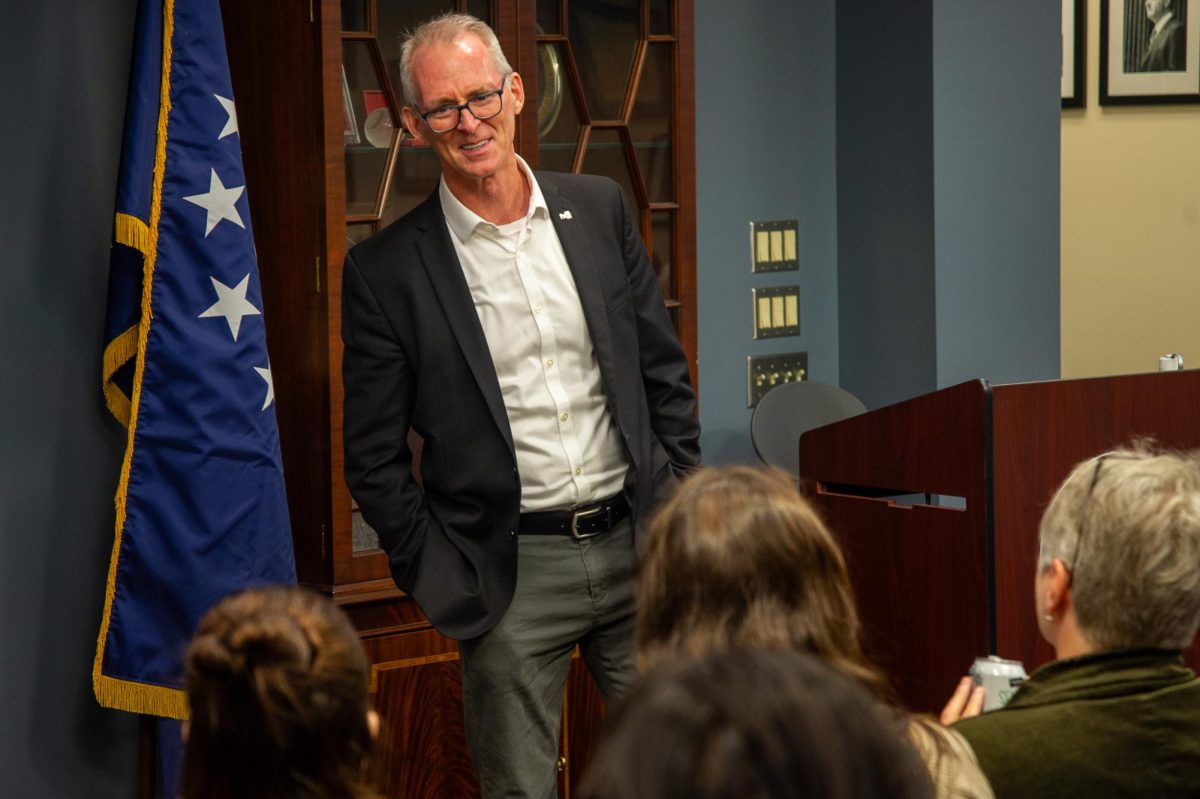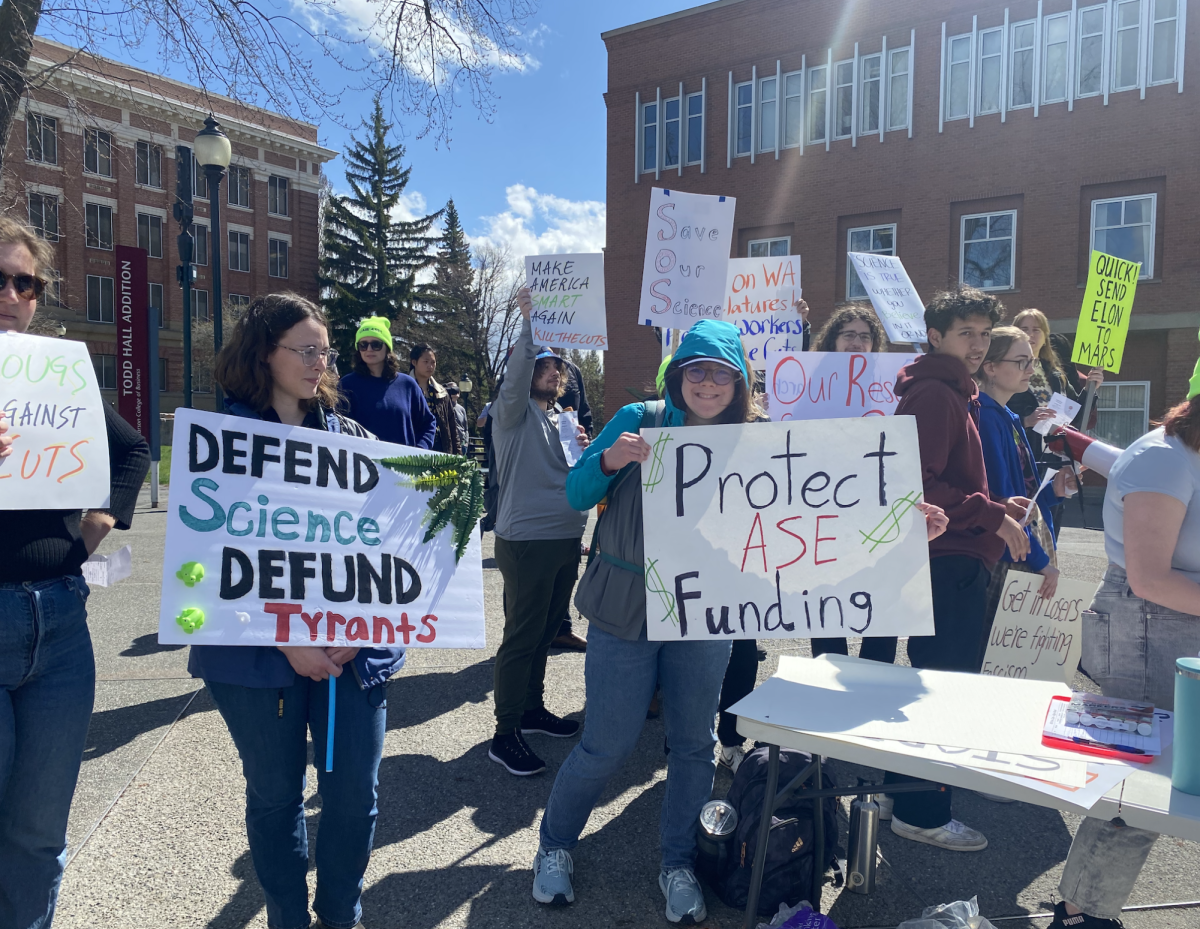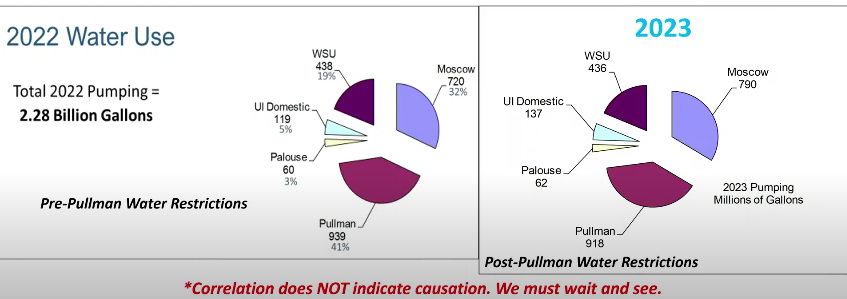Former congressman Bob Inglis led a discussion on the influence of religion and politics on climate science hosted by the Foley Institute on Thursday
Inglis said he believes God reveals himself through creation and that science and faith are not in conflict. Science and faith complement each other in understanding God’s nature and its role in the world and humans are co-participants with God in creating, which is an incredible dignity.
“I believe scripture gives to human beings that we are co-creators with God, so I don’t see a contest between faith and science,” Inglis said. “Some people do and that’s one of our big challenges as we reach a very important constituency which is evangelicals.”
Many people of faith feel that they have been mocked and attacked by a dominant culture of functional positivism, Inglis said. Functional positivism is a philosophy that states that only things that can be measured are real. The most meaningful things in our lives like the love we have for special ones cannot be measured.
Young evangelicals are an important part of the Republican base, he said. If more evangelicals were active on climate change, the Republican party would be able to engage. However, young evangelicals, like young conservatives, want action on climate change.
“Young evangelicals are the key to addressing climate change as they are more likely to vote and take action,” Inglis said. “We need that to spread to their parents and grandparents.”
Inglis said speaking to conservatives with empathy and vulnerability to understand their perspective is key to finding common ground with them. By listening to conservatives and acknowledging their identity, we may be able to gain their support for the cause.
The climate of conservation has been conducted in the language of communitarian egalitarianism. Progressives tend to focus on the well-being of the whole community and emphasize fairness, he said. Conservatives tend to work through a chain of command and that they believe in individual effort and reward.
“We strive to address the question of climate change in the language that conservatives use, which is the language of hierarchical individualism,” Inglis said. “We’re hopeful that conservatives can better engage in the climate conversation when they hear it in their own language.”
Inglis said there are three ways people can attempt to fix climate change which are attempting to regulate pollution, incentivize clean energy or internalize the negative side effects of climate change to bring accountability.
A revenue-neutral carbon tax to address climate change is a better option than pollution regulation and incentivizing clean energy because it’s not a form of government regulation, Inglis said. Using market forces can address climate change by pricing the carbon costs of goods, an example would be paper versus plastic plates.
“Paper has gone up a little bit because chainsaws need gas and it’s got a carbon tax on it so now that rises the price of paper plates,” Inglis said. “But the plastic plates have really gone up because they’re all petroleum and natural gas so that carbon cost is embedded in that plastic.”















